China's decision to suspend imports of all Japanese seafood products has dealt a major blow to Japan's seafood industry as it seeks to expand its overseas markets.
Immediately after Japan began releasing treated radioactive water from the Fukushima plant on August 24, China immediately announced a ban on all seafood products originating from Japan.
According to Tokyo-based market research firm Teikoku Databank, 727 Japanese companies exporting food to China, accounting for about 8% of all Japanese companies shipping goods to China, will be affected by the ban.
China Customs did not provide details on specific seafood products affected by the ban.
According to statistics from the Japan Fisheries Agency, the total export value of the country's seafood products reached about 387 billion yen (2.6 billion USD) in 2022. Exports to China accounted for 22.5% of Japan's total turnover, of which scallops, tuna and bonito were the main export items of the country to China.
Before Japan dumped waste from the Fukushima plant into the Pacific Ocean , China began comprehensively testing Japanese seafood products for radioactive substances, and more and more seafood products were held up at customs, causing a halt to exports of fresh fish and other products from Japan.
Total food exports to China in July fell 24% from the same month last year, suggesting the restrictions have hit sales, according to Japanese trade statistics.
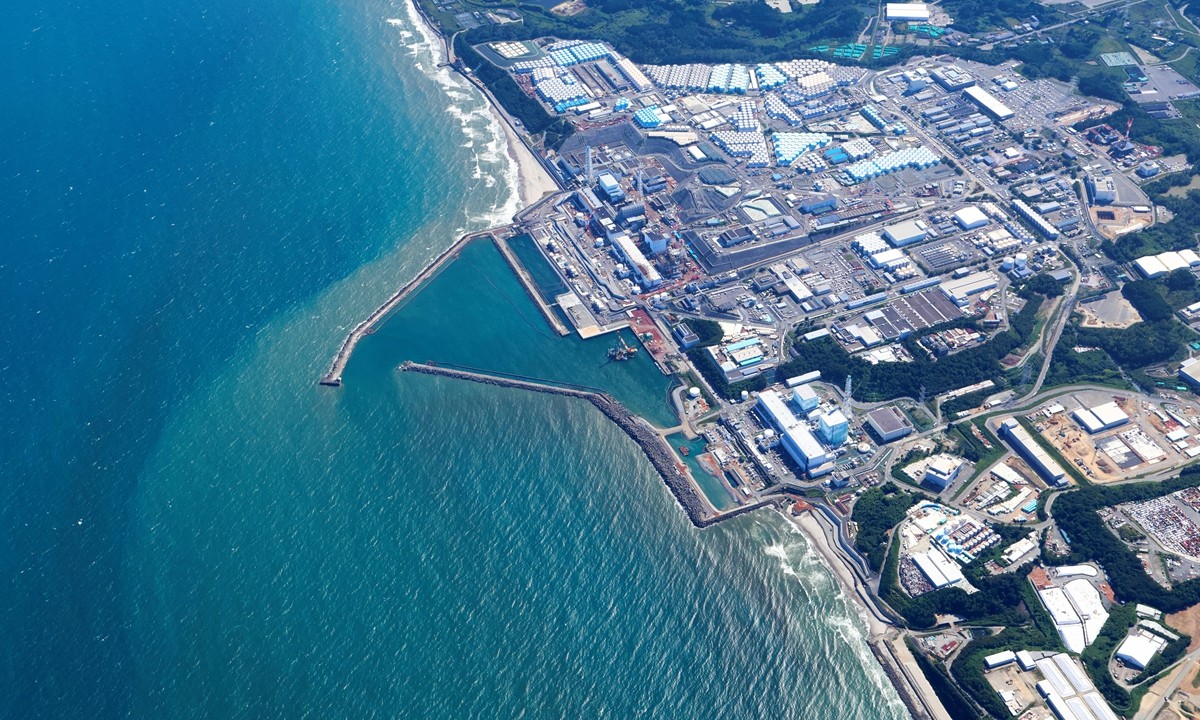
Aerial view of wastewater discharged from the Fukushima nuclear power plant into the sea on August 24 in Okuma, Fukushima, Japan. Photo: Global Times
Statistics from China's General Administration of Customs also showed that China imported 234 million yuan ($32 million) worth of fish and other marine products from Japan in July, down 29 percent from a year earlier.
Some Japanese operators may lose market share due to oversupply of fish after Beijing announced a comprehensive suspension of imports of Japanese seafood, said Takayuki Homma, chief economist at Sumitomo Corporation Global Research.
If the strict measures against Japanese seafood continue, Chinese tourists may avoid visiting Japan or eating seafood during their stay. “A slowdown in domestic tourism business will also be a concern,” Mr. Homma said.
With uncertainty over the duration of China’s embargo, Japan may need to redirect its exports elsewhere. But that won’t be easy. “To replace the Chinese market with the US and Europe, Japan would have to start almost from scratch,” Homma said.
Not only Japanese enterprises but also Chinese import companies will be affected by China's import restrictions.
“We have been hit pretty hard,” said the owner of a Chinese importer at the Shanghai International Seafood Fair, adding that their customers prefer Japanese raw tuna because of its high quality. She said her company is now looking to Australia, New Zealand and Spain to fill the gap .
Nguyen Tuyet (According to Reuters, Nikkei)
Source



![[Photo] Super harvest moon shines brightly on Mid-Autumn Festival night around the world](https://vphoto.vietnam.vn/thumb/1200x675/vietnam/resource/IMAGE/2025/10/07/1759816565798_1759814567021-jpg.webp)






![[Infographic] What are the growth targets of Dong Nai province in the first 9 months of 2025?](https://vphoto.vietnam.vn/thumb/402x226/vietnam/resource/IMAGE/2025/10/3/45f9330556eb4c6a88b098a6624d7e5b)

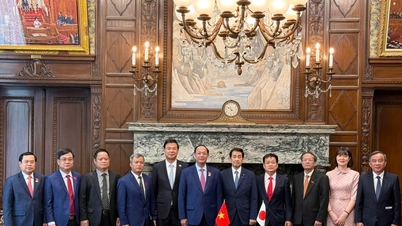

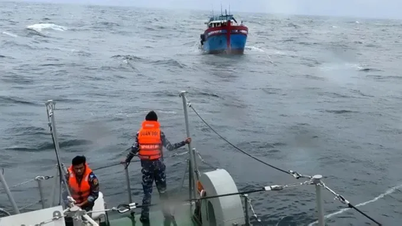









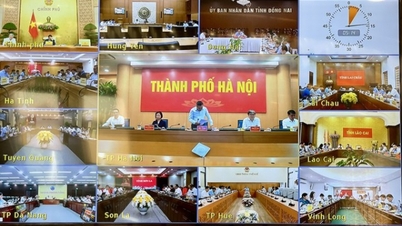






































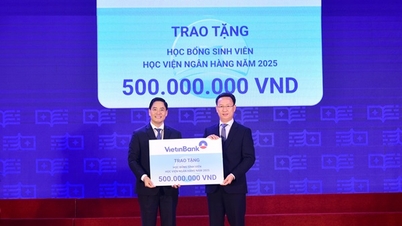










































Comment (0)